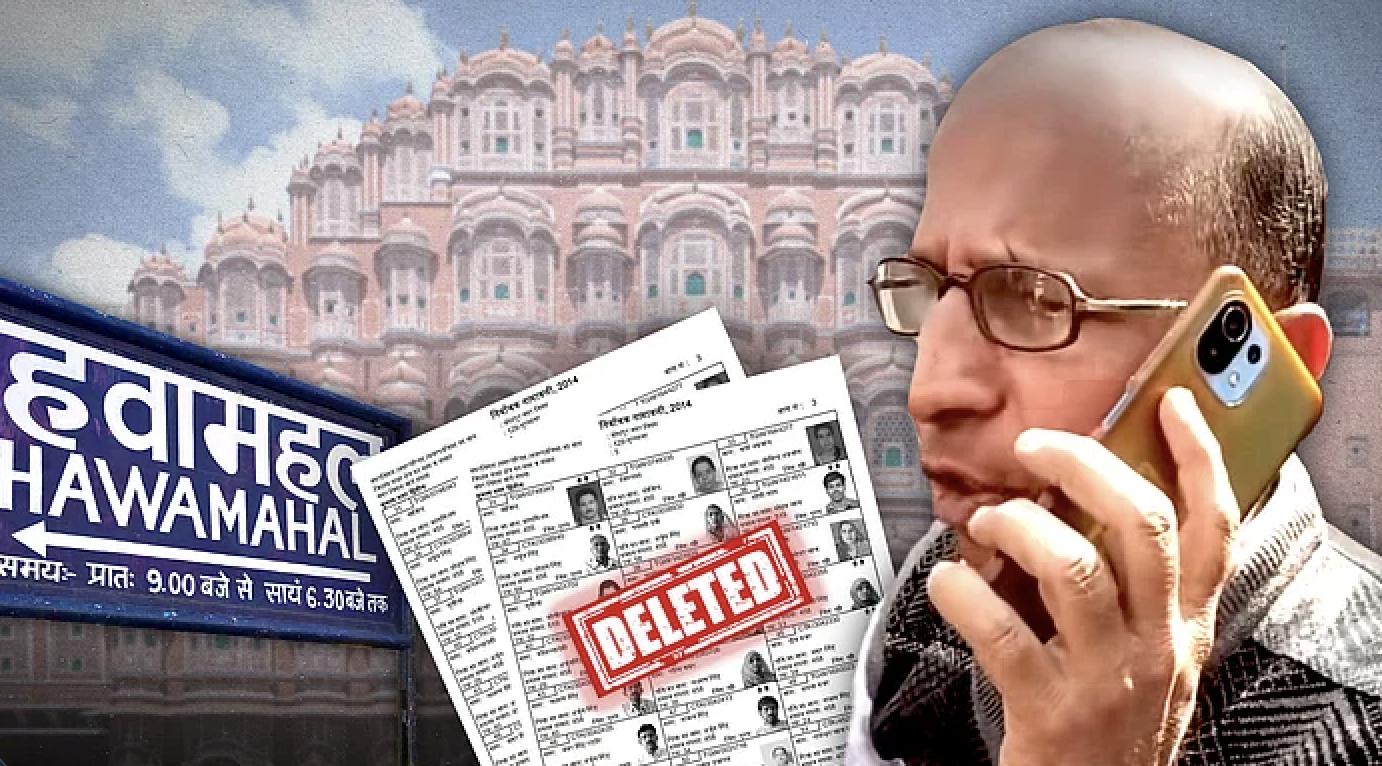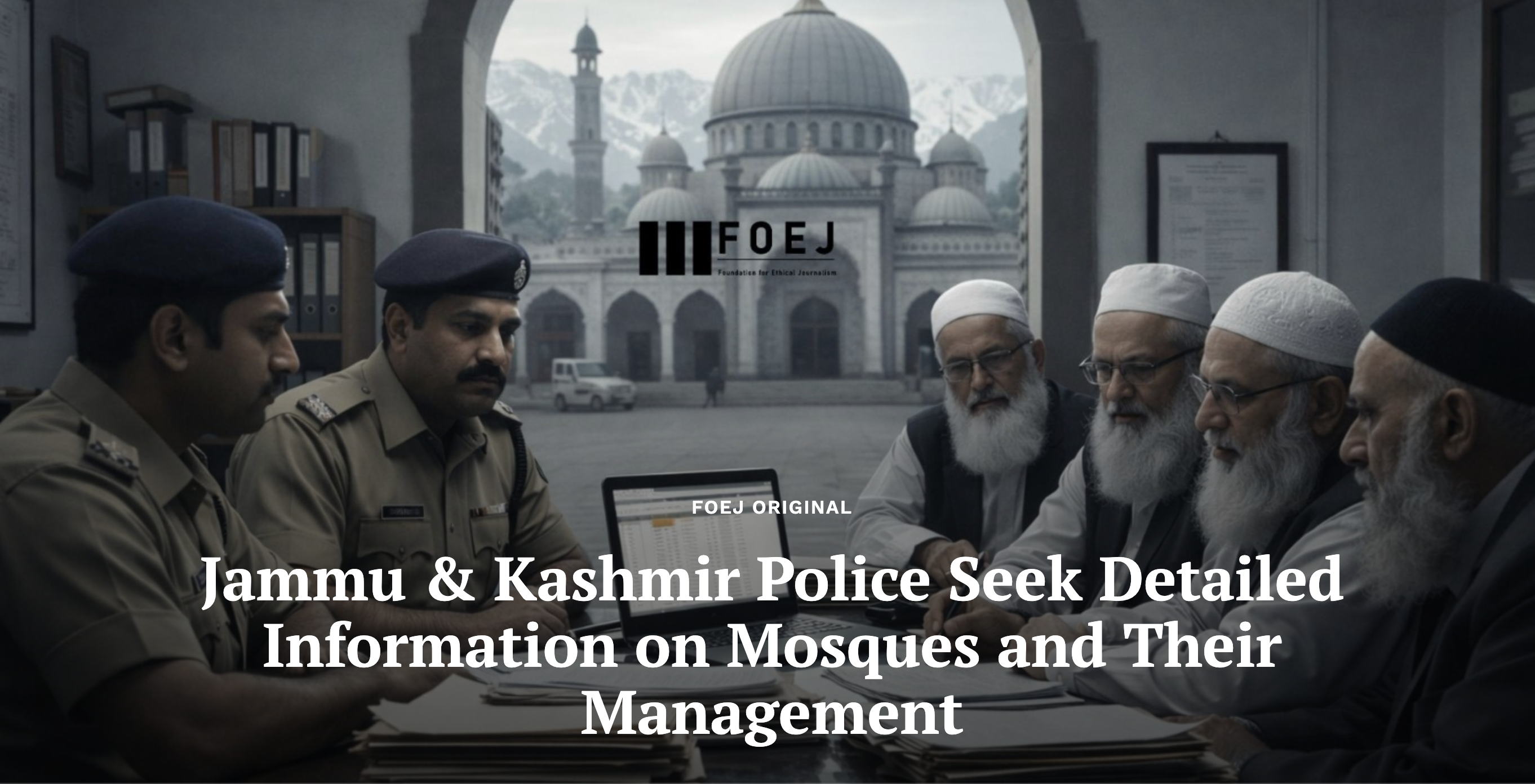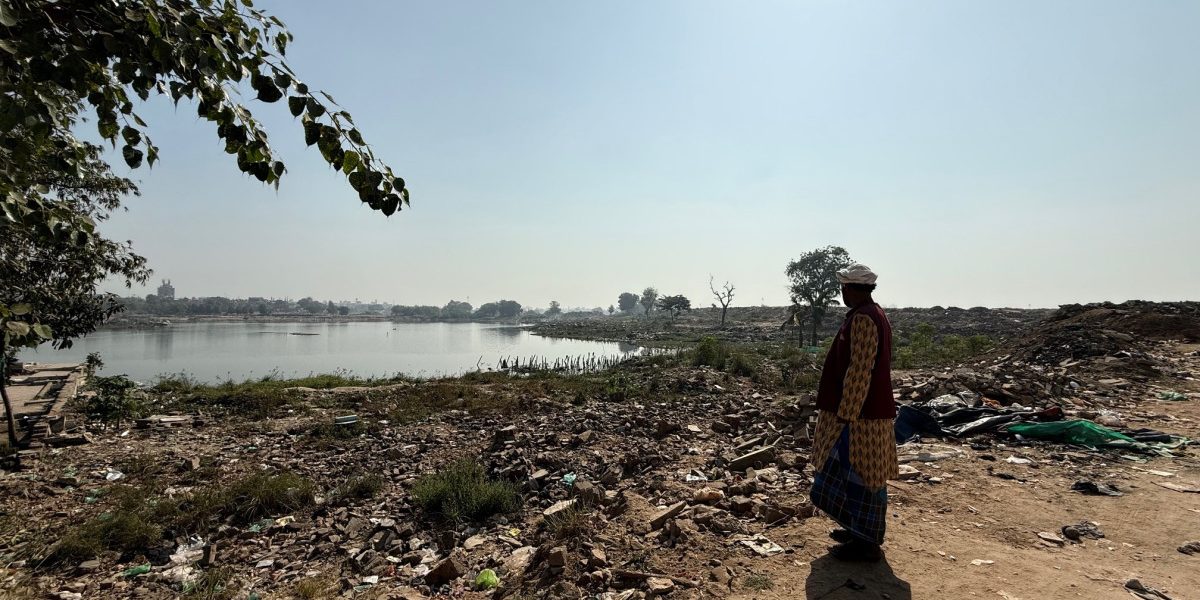
New Delhi: Radha, 35, came to India in 2014 as a Pakistani refugee seeking the liberty to practise Hinduism freely. Seven years later, though her family of 9 have Aadhaar numbers, they continue to be Pakistani refugees.
“As Hindus, we came here considering India to be our own country,” said Radha, a mother of six. “But here no one cares about us.”
Hailing from Hala city in Sindh, a province in south-eastern Pakistan, Radha and her family have lived for seven years in a little brick house that is missing a front door in north Delhi’s Majnu Ka Tila locality. Nobody in the family could secure a salaried job, nor could they afford better housing.
They do not have ration cards to access subsidised or free foodgrain under the public distribution system. Their children attend government schools, but the families cannot apply for benefits from government welfare programmes.
As Hindu refugees who fled religious persecution, they find the lack of concern for them from the Indian Hindu community disturbing, marring their efforts to finally be assimilated into the majority community. They told Article 14 that though Bharatiya Janata Party (BJP) leaders have visited them, local Hindus have not extended financial or livelihood support.
The Citizenship (Amendment) Act (CAA) was passed by Parliament and received the President’s assent in December 2019.
At the time, the thousands of Pakistani refugees living in various parts of India were overjoyed—most of them Hindu or Sikh. They expected to be granted citizenship quickly, and along with it, the rights other Indian citizens enjoy.
In Indore, several Hindu refugees from Pakistan felicitated J P Nadda, working president of the BJP, at a ‘thanksgiving’ event after the law was enacted. In Gujarat’s Mehsana, Hindu refugees gathered to praise the Narendra Modi government at the farmhouse of BJP Rajya Sabha member of Parliament (MP) Jugalji Thakor.
The CAA was contentious in its exclusion of Muslim refugees, instead covering only Hindus, Sikhs, Buddhists, Jains, Christians and Parsis who fled religious persecution in Pakistan, Bangladesh and Afghanistan and arrived in India before 31 December 2014.
For Raja, the widespread and sustained anti-CAA protests in 2020 dulled the dream of an Indian citizenship. He said, along with citizenship, the refugees want the Indian government to provide them land and jobs.
Radha and Raja are among an estimated 10,000 refugees in India, awaiting citizenship documents. Refugees from Pakistan, Afghanistan and Bangladesh currently reside on long-term visas issued for five years initially and renewed every two years. These visa norms permit them to undertake only informal employment.
“All our problems will find a solution the moment we are given citizenship,” Raja told Article 14. “The moment we are given the right to vote, whether Congress or BJP, all parties will attend to our needs.”
Living In Squalor, Waiting To Become Indian
Every monsoon, Radha and Raja’s meagre possessions float outside their dimly lit tenement when this cluster of about 135 homes of bamboo, tin and brick is inundated.
“We have to build a mud wall when it rains, otherwise the rain enters our houses and our belongings float away in front of our eyes,” said Radha, holding her fourth child, seven-year-old Kanwar Ram.
The boy was born without sight, and every time Radha looks at him, her eyes cloud over. The boy’s medical condition was a major reason that made a relocation to India seem appealing.
“We have been going to government hospitals, but we can’t afford his treatment,” said Radha. “We barely earn anything.”
Radha’s husband Raja, 33, pushes a cart along the streets of Lajpat Nagar in south Delhi, selling phone cases that he purchases in bulk in Noida.
Raja’s father, the couple and their six children survive on the Rs 10,000 that he earns in a good month.
Proudly displaying his Aadhar card, Raja said: “We didn’t even know Modi was the prime minister until we started living here, my father came here 40 years ago and then finally in 2014, he decided our family should move to India.”
On Raja’s cart, neatly arranged stacks of phone cases in plastic films sat across a photo of the Hindu deity Hanuman.
The family is quite religious. In their home that has no electricity, Radha has photos of Hindu deities arranged on a shelf, and the family prays before leaving for work or for school.
Others in Majnu Ka Tila similarly said they tried to celebrate Hindu festivals together with their meagre savings. The sight of temples dotting the city made them feel at home, they said.
Hindu Refugees’ Hopes Kindled By Modi’s Rise
According to Raja, his income was considerably more substantial in Hala, where he grew and sold bananas. “I sold trucks and trucks worth of bananas in Hala,” said Raja, “Here, we became hopeful after Modi’s announcement of CAA, but even after two years nothing has changed.”
The family lived in a Faridabad rehabilitation camp but had to move to Delhi a few months later when they found out that their long-term visa restricts them from living outside the borders of India’s capital.
The Modi government assumed office the same year that Radha and Raja arrived in India. For Pakistani Hindu refugees already in India then, that year marked a sense of renewed hope that a government led by a Hindu nationalist leader would resolve the grievances of Hindu refugees in India.
In another brick house in the refugee camp, Shayani quietly tried to escape the smoke from a traditional mud hearth, fired with twigs and brushwood.

Belonging to Matiari, a village in the interior of Sindh, Shayani left Pakistan for India in 2011. “Mere liye upar Satyanarayan bhagwaan hai, aur neeche Modi, par phir bhi humaray haath khaali hain,” she said. (“I consider Modi next to only the Satyanarayan deity, but we still haven’t received anything.”)
The Hindu community has not supported them, she said. “Yahaan kitne Hindu rehte hain, humein kaun aaya poochne? (So many Hindus live here, but who has come to enquire after our well-being?)”
Her disappointment in the BJP government evident, Shayani pointed towards the edges of the Majnu Ka Tila camp and described how she and others cleared the shrubbery on the land when they arrived in 2011. The remnants of a forest around the camp is home to snakes and rodents, she said, which make their way into the camp.
“Look at our homes, we started from living in the jungle. We continue to live like beggars,” Shayani said. She said she couldn’t fathom how “our Hindu brothers” did not care that they sleep on empty stomachs.
Shayani said her heart ached every day when she fed her children the poorest quality of foodgrain available in the market.
The refugees survive on the bare minimum, their earnings barely enough to afford food and healthcare, especially for the children. Occasionally, a non-profit group distributes grocery kits in the camp.

Sonari Devi, 50, came to Delhi from Sindh in 2019. Having left half of her family back in Sindh, she said she felt rudderless due to her continuing unemployment, almost two years since she arrived. Back in Sindh, she worked as an agricultural labourer.
“Mukhe ker kamm kon deendo aahay, maa vethi aayaan faqeerann je vaangur,” (Nobody gives me work, I’m sitting like a beggar here,)” she said, in her native Sindhi.
Divya and Dhanwanti, both 12 years old, attend classes at a centre run by the Majnu Ka Tila gurudwara. Dhanwanti came to India in 2012, when she was only three years old. After nine years here, longer than she spent in the country where she was born, she is still not an Indian. She said she knew she was not “equal” to other Indians.
“Main yeh nahi bol sakti ki main Pakistani hu ya Indian hu, koi humein Indian nahi bolta. (I cannot say whether I am Pakistani or Indian, but no one refers to us as Indian here),” said Dhanwanti.
Her classmate Divya said she wanted to be a police officer when she grew up, to help people, but said she was not sure if that would ever be possible without becoming an Indian citizen.

Battling Status As Illegal Hindus
In another refugee camp in north Delhi’s Adarsh Nagar, a group of Pakistani Hindus were recently labelled as encroachers.
In October, the union government opposed a petition filed in the Delhi High Court seeking electricity connections for 200 Pakistani Hindu families in the Adarsh Nagar camp, and said the camp, located on land belonging to the Delhi Jal Board, was an illegal encroachment.

The refugees of Adarsh Nagar were denied electricity connections since they had no proof of owning or renting the addresses they sought connections for.
Accommodation-related challenges, such as electricity and toilets, have emerged as central to the refugee struggle to build a life in a new country, along with the loss of any immovable assets and poor employment prospects in India.
Without Jobs Or Income, A Slow Impoverishment
The Pakistani Hindus of Majnu Ka Tila hold tightly to a thread of hope of becoming Indian citizens even while a slow impoverishment sets in without stable jobs or incomes.
Laxman Das and Panju Ram, in their forties, were tired, as they took turns swatting the mosquitoes buzzing their tenement.
Das and Ram were businessmen in Sindh, Pakistan. Both Hala district members of the Pakistan Peoples Party, Das and Ram lived an upper class lifestyle, travelling in sports utility vehicles and spending muggy summer nights in air conditioned homes. In Delhi, both work as daily wage labourers at the Azadpur Mandi, a marketplace for fresh farm produce.
Das said, “Jo yeh log yahan bhooke nangay baithe hain, yeh Pakistan mein waderay thay waderay. (These hungry and unclothed people here were landlords in Pakistan, landlords).”
Das, who came to India in 2014 with his family, lost his wife in 2018. He said she died in sorrow at the hunger and poverty that had become central to their lives as refugees. “… she couldn’t survive living a life like this, she died waiting for the Indian government to help us, but our helplessness killed her,” Das said.
Ram arrived in 2018, bringing with him a patriotism for India, which he had always called a ‘Hindu’ nation. “But the locals here, the 130-crore population, still don’t accept us as Indians or their own kind,” he said. “They still call us Pakistani.”
Ram said the Hindu refugees had exhausted themselves trying to appeal to the authorities for electricity connections, for jobs, for assistance with housing. Every house in the Majnu Ka Tila camp was built with bricks THAT Pakistani refugees purchased with their own money, he said.
“Manoj Tiwari and god knows which other BJP leaders came and went,” said Ram. “Their promises are still promises, and our problems are still problems.”






